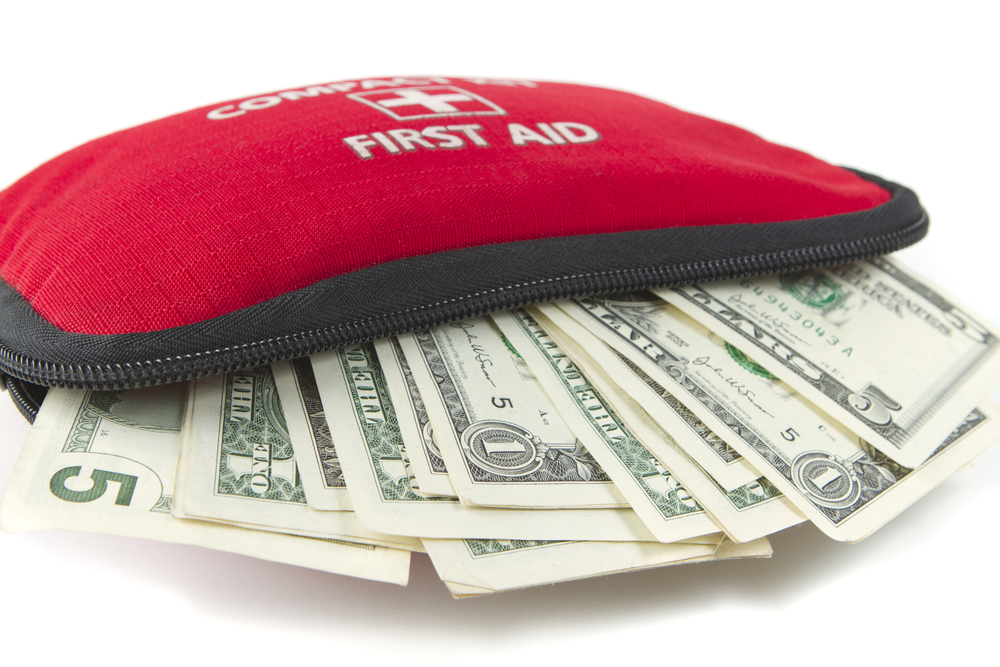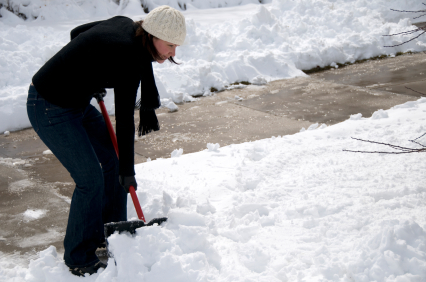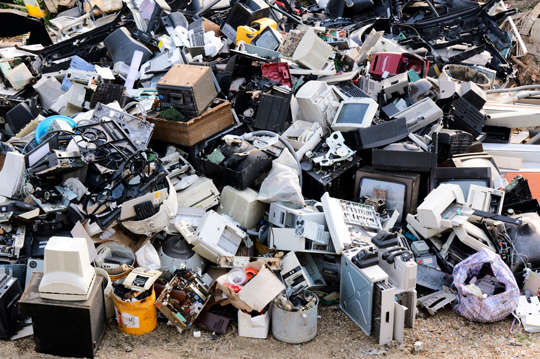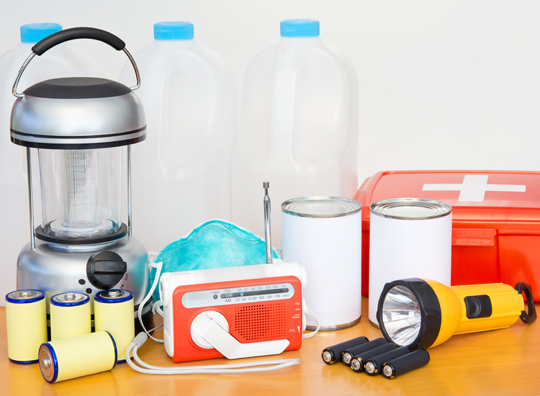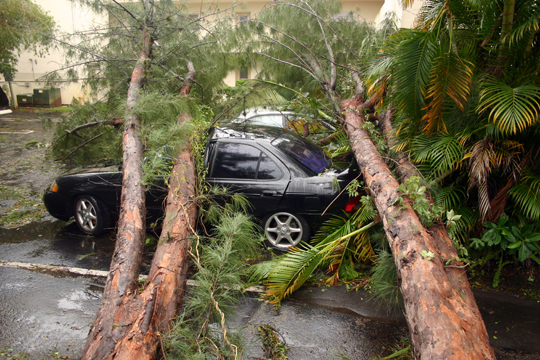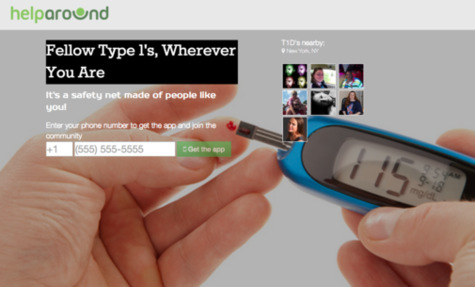Do you ever worry? Of course you do, you have cable news blaring in your head 24 hours a day trying to get you worked up about everything — Ebola, El Nino, and eggplants. Even so, it’s hard enough to remember to check the weather and take an umbrella in the morning, let alone set up a bomb shelter, stock up on years’ worth of rations, and repopulate a planet rocked by nuclear Armageddon. Luckily, there are simple things that you can do to prepare for common emergencies and protect your family on the off chance that disaster does strike. As part of National Preparedness Month, we’re joining Ready.gov in highlighting best practices for staying safe during floods, wildfires, hurricanes, and power outages.
So, do you have what it takes to survive a disaster? No, but really, do you have what it takes? Go ahead and check your basement and pantry for your emergency supplies.
Here’s what you need:
Flashlights for each family member
First aid kit
Portable radio
Gallons of fresh water (Three days worth)
Non-perishable food (Three days worth)
Hand sanitizer
Batteries
Can opener
Cash
Personal hygiene products
Feminine hygiene products
Formula and diapers
Pet supplies
Blankets
Printed pics of family members in case anyone is separated
Of course, having what it takes to make your family safe doesn’t make you Bear Grylls or Rambo. It’s important to create an emergency plan and practice it until the whole family (especially any children) understands. Even then, we can’t stress enough the importance of listening to officials, staying informed via radio, evacuating as needed, and avoiding high risk behaviors (like traveling in the midst of dangerous weather conditions). Don’t be that guy who causes the brave first responders to endanger their own lives in order to save yours.
Nevertheless, if you find yourself in a tough spot, here are a few tips about dealing with potential emergencies:
Flood: If traveling, do your best to avoid any flooded streets as people and can be swept away with enough water. Try to locate a high-rise location and once found, keep all members of your family (including pets) inside. In addition, turn off all of your utilities if possible.
Wildfire: Keep family and pets indoors and ensure that your doors and windows are closed to maintain air quality inside. After your area has been cleared, note any damage done to your home before disposing of anything affected by smoke or soot. Also, keep an eye out for stray embers and extinguish accordingly.
Hurricane: Ensure that all the trees and shrubbery around your home are properly trimmed. Plan to bring in all outdoor furniture, garbage cans and anything else in your yard that is not tied down. Find a place on a lower level to take shelter. Keep away from your windows.
Power Outage: Keep your refrigerator closed and consume any food left to avoid spoilage. If the outage continues for more than a day, place your perishables in a cooler. Turn off or disconnect any electronics that were in use when the power went out. Keep one light switch on, so you will know when your power has returned.
National PrepareAthon! Day is September 30th, so make that the deadline for building your supply kit and practice your emergency plan with your family. Most importantly, don’t forget to spread the word all month long to all of your loved ones.
Now that we’ve helped prepare you for the big disasters, what about the small ones? Even a small nuisance like a basement flood can feel like the end of the world when you can’t find the help you need. This is why TalkLocal connects people to the right local pro in over 50 service categories in about 90 seconds.

